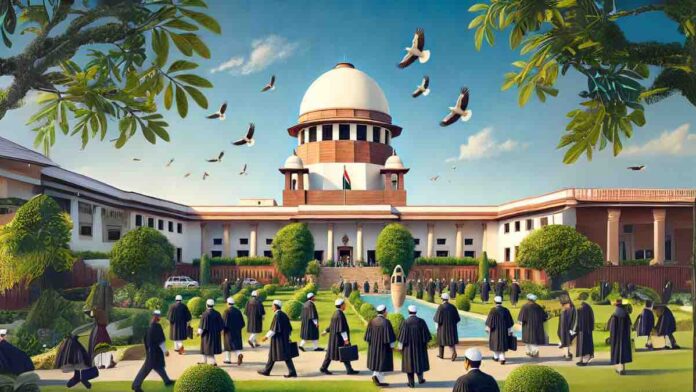In a significant judgment, the Supreme Court of India has clarified the discretionary powers of trial courts to summon individuals as accused during trial under Section 319 of the Code of Criminal Procedure (CrPC), even when the police have filed a closure report exonerating them. The ruling came in the case of Omi @ Omkar
To Read More Please Subscribe to VIP Membership for Unlimited Access to All the Articles, Download Available Copies of Judgments/Order, Acess to Central/State Bare Acts, Advertisement Free Content, Access to More than 4000 Legal Drafts( Readymade Editable Formats of Suits, Petitions, Writs, Legal Notices, Divorce Petitions, 138 Notices, Bail Applications etc.) in Hindi and English.




